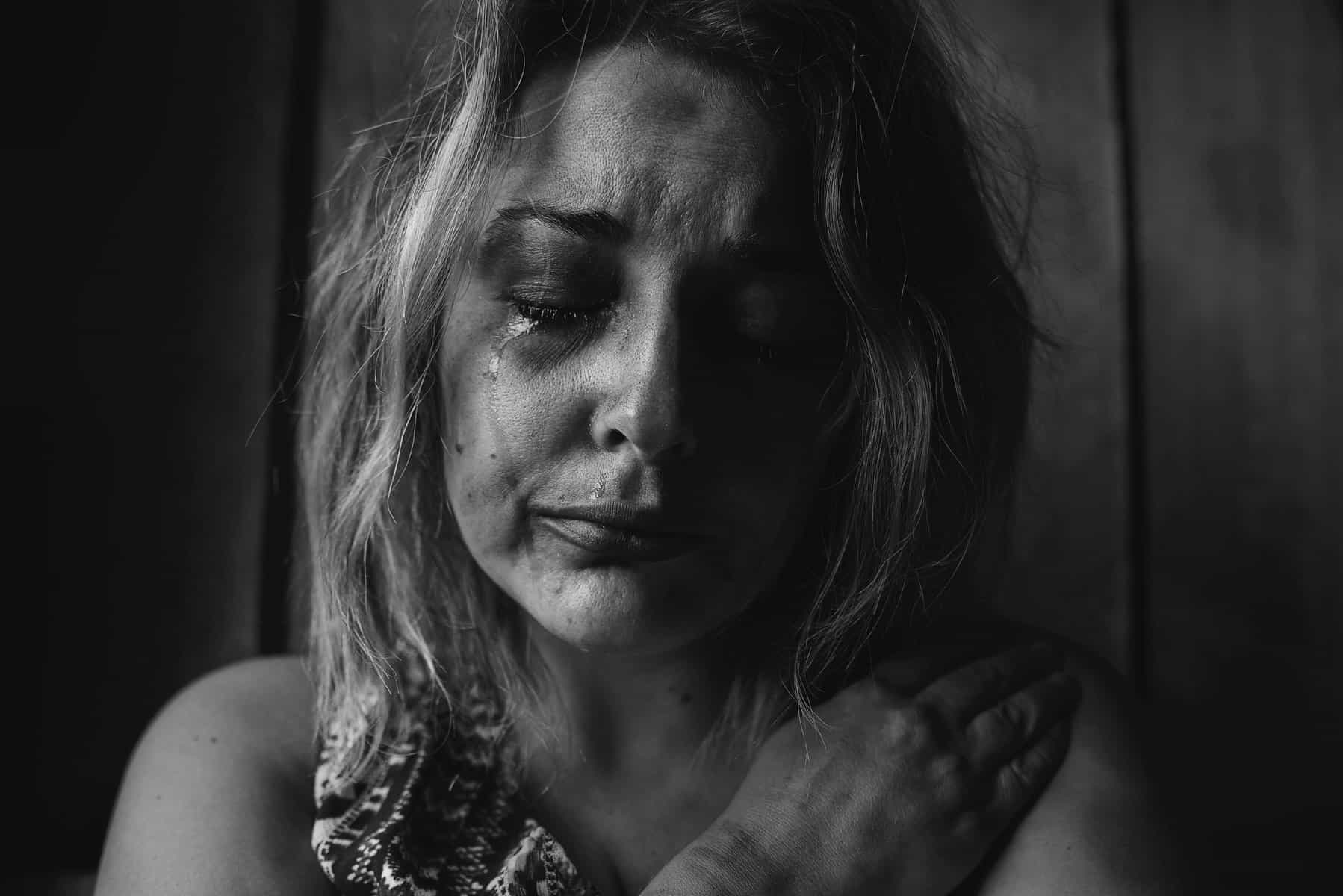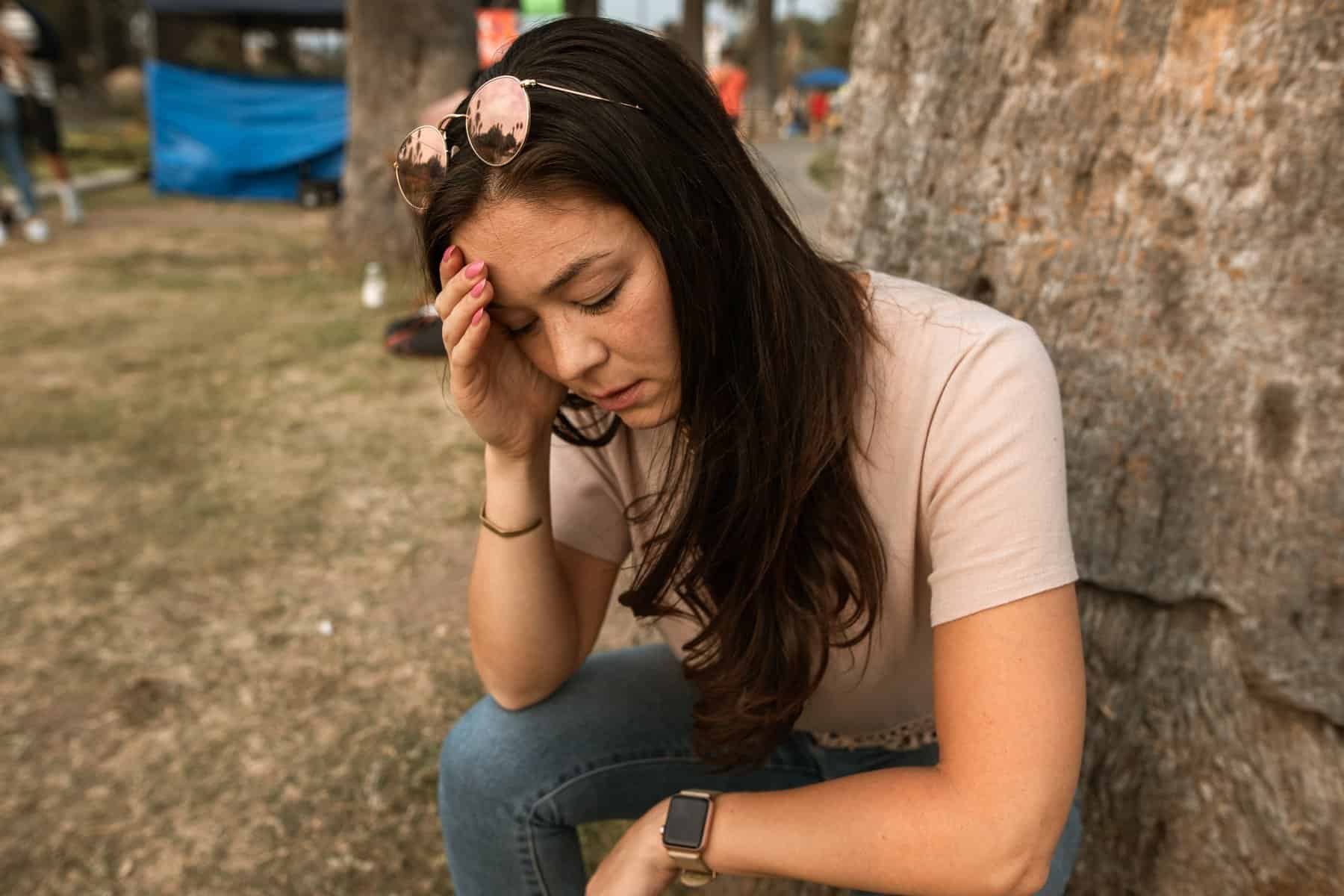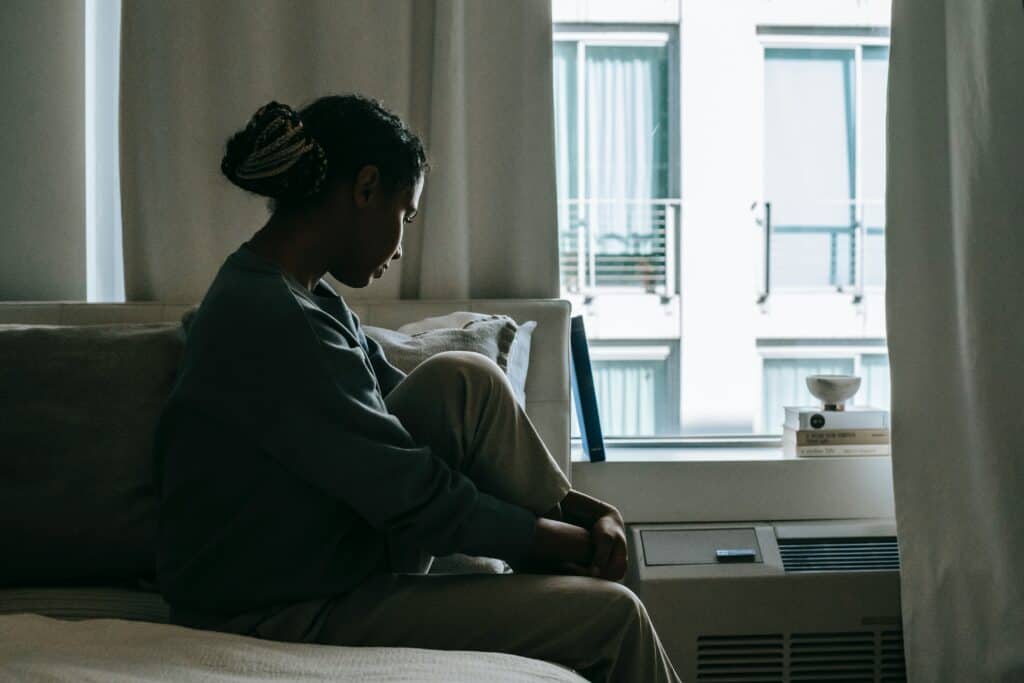What Is Specific Phobia?
Specific phobia is a type of phobia where the person is afraid of a particular thing or situation. Phobias are irrational fears of certain things or situations. A person with specific phobia will go to great lengths to avoid the feared object or situation. The fear can be so strong that it interferes with the person’s life. In this article, we’ll look at the symptoms of specific phobia, its causes, treatments, and ways to manage it.
Learn more: What Are Anxiety Disorders?
DSM-5 Criteria for a Diagnosis of Specific Phobia
The DSM-5 criteria for a diagnosis of specific phobia are as follows:
- Marked fear or anxiety about a specific object or situation (e.g., flying, heights, animals, receiving an injection, seeing blood)
- Exposure to the phobic stimulus almost invariably provokes an immediate anxiety response, which may take the form of a situationally bound or situationally predisposed panic attack
- The person recognizes that the fear is excessive or unreasonable
- The feared object/situation is avoided or else endured with intense anxiety and distress
- The avoidance, anxious anticipation, or distress in the feared situation interferes significantly with the person’s normal routine or occupational functioning, or there is marked distress about having the phobia
- The fear or avoidance is persistent, typically lasting for 6 months or more
- The fear, anxiety, and/or avoidance is not due to the direct physiological effects of a substance (e.g., drugs, medications) or another medical condition
- The fear, anxiety, and/or avoidance are not better accounted for by the symptoms of another mental disorder (e.g., panic disorder with agoraphobia, separation anxiety disorder).
- The diagnosis of specific phobia requires that the individual experience persistent fear and distress in response to the feared object or situation that interferes with their daily functioning.
If these criteria are met, the individual will receive a diagnosis of specific phobia and may benefit from treatment to reduce symptoms.

Prevalence of Specific Phobia
Phobias are the most common type of anxiety disorder. Specific phobia affects about 6.8 million American adults or 3.1% of the U.S. population aged 18 years and older in a given year. It is more common in women than men and usually starts during childhood or adolescence.
Symptoms of Specific Phobia
People with specific phobia may experience feelings of intense fear and anxiety when exposed to their feared object or situation. They may also have physical symptoms such as rapid heart rate, sweating, shaking, difficulty breathing, nausea, and even a full-blown panic attack. People with specific phobia may go to great lengths to avoid the object or situation that triggers their fear, even if it interferes with their daily life. This can lead to social isolation and difficulty functioning in school or work settings.
Causes of Specific Phobia
Specific phobia is caused by a combination of external factors, such as traumatic events and genetic predisposition. Traumatic events that may lead to the development of specific phobia include witnessing or experiencing one’s own fear response in an uncomfortable situation or being exposed to frightening events. Additionally, those with close family members who suffer from specific phobia are more likely to develop similar fears and anxieties.
Specific phobia can also be linked to a wide range of psychological traits, such as feelings of inadequacy or an inability to cope with stress in the face of potential threats. In some cases, individuals may develop specific phobia as a result of previously acquired fears, such as fear of animals or fear of heights. In other cases, specific phobia may be caused by learned behavior from someone close to the individual. For example, if an individual’s parent has a fear of spiders, then that person is more likely to develop a similar fear.
Lastly, certain neurological factors may also contribute to the emergence of specific phobia. It is believed that people with specific phobia may have an overly active amygdala, the part of the brain responsible for fear responses and survival instincts. Additionally, research has found that those with specific phobia may have a higher number of receptors in their brains for certain neurotransmitters, such as serotonin and dopamine, which are linked to fear responses.
Treatment for Specific Phobia
Although specific phobia can be extremely disabling, there are many effective treatments that can help you overcome these fears. Cognitive behavioral therapy (CBT) is the most common form of treatment for specific phobia. It involves gradually exposing yourself to the fear-producing object or situation while at the same time learning new coping strategies and challenging negative beliefs about the phobia. Other types of therapy, such as psychodynamic therapy and mindfulness-based therapies, can also help you gain insight into your fear and learn how to manage it more effectively. Medications are also available for treating specific phobia, but they should be used in conjunction with other forms of treatment. With proper treatment, most people with specific phobia can overcome their fears and lead normal lives.
It is important to remember that you don’t have to suffer from specific phobia forever. There are effective treatments available that can help you gain control of your fear and lead a more fulfilling life. If you or someone you know has specific phobia, it is important to seek professional help as soon as possible. With the right treatment and support, you can overcome your fear and lead a full life.

Prevention of Specific Phobia
The best way to prevent specific phobia from developing is to expose yourself and your children (if applicable) to the feared object or situation on a regular basis. This can help desensitize you and your child to the fear-inducing thing over time. However, if this triggers an overly intense fear response, it is important to consult a mental health professional to ensure that exposure therapy is conducted safely and correctly. Additionally, it’s important to talk with your kids about their fears, normalizing their feelings and helping them to develop coping strategies for dealing with the fear when it arises.
Other strategies that may be beneficial include avoiding excessive media about the object or situation, cognitive behavioral therapy (CBT), relaxation exercises such as deep breathing or progressive muscle relaxation, and medications such as antidepressants. Additionally, a combination of these strategies may be more effective than any one strategy alone.
What Are the Different Types of Specific Phobia
Common specific phobias include fear of animals (such as spiders, snakes, or dogs), fear of heights, fear of flying, fear of enclosed spaces (claustrophobia), and fear of blood. People with these phobias may experience intense anxiety when they encounter the object or situation they are afraid of. They may also avoid it or endure it with intense distress. Other specific phobias include fear of public speaking, fear of thunder and lightning, fear of going outside or leaving home (agoraphobia), fear of needles or injections (trypanophobia), and fear of clowns or other costumed characters. People with these phobias may take steps to avoid the object that causes their anxiety. For some people, specific phobia can interfere with their daily activities and make it difficult to lead a normal life.
When Should You Seek Professional Help for Specific Phobia
It is recommended that you seek professional help if your fear is so intense that it makes it difficult to function in everyday life, or if it interferes with carrying out essential activities. You should also consider seeking help if the avoidance of a certain situation is causing distress or has had a negative impact on your relationships, job, or quality of life. Cognitive behavioral therapy (CBT) is a type of treatment that can be very effective in treating specific phobia, as it helps you to identify and challenge irrational thoughts, face your fears in a safe and controlled environment, and gradually become desensitized to the feared object or situation. Medication may also be prescribed if needed. With the help of a qualified mental health professional, individuals with specific phobia can learn to manage their fear and lead a more fulfilling life.

Resources on Specific Phobia
There are many types of phobias, and understanding them can be difficult. Fortunately, there is a wealth of resources available for those seeking information about specific phobia.
The Anxiety and Depression Association of America (ADAA) offers comprehensive guides to understanding the different types of phobias and their possible causes. The organization also provides information on treatment options and tips for managing phobia-related anxiety.
The National Institute of Mental Health (NIMH) offers a detailed overview of specific phobia and their symptoms. The website contains FAQs, articles, and research materials related to each type of phobia.
The Mayo Clinic provides comprehensive information about phobias and their symptoms. The website offers detailed descriptions of treatments and provides information on support groups for people with phobias.
The American Psychological Association (APA) provides a guide to understanding the different types of anxiety disorders, including specific phobia. The site also includes resources for finding treatment options, such as videos, books, and websites.
The National Center for PTSD offers detailed information about posttraumatic stress disorder (PTSD) and its relationship to phobias. The organization also provides resources on how to manage PTSD symptoms and cope with the effects of trauma.
These organizations are just a few of the many helpful resources that provide information and support for those struggling with specific phobia. With the right resources, anyone can learn more about their phobia and how to manage it.
Additionally, many online support groups exist that provide a safe space to discuss anxiety-related issues with others who may be experiencing similar problems. These forums are often moderated by mental health professionals and provide a valuable resource for those seeking help with their phobias.
Finally, professional counseling or psychotherapy may be beneficial in managing phobia-related anxiety. Psychologists and other mental health professionals can help individuals identify the causes of their phobias and develop healthy coping strategies to address these issues. In some cases, medication may be helpful in treating certain types of phobias.
Conclusion
Specific phobia can be debilitating and have a major impact on an individual’s life. Fortunately, with the help of a qualified mental health professional, anyone can learn to manage their fear and lead a more fulfilling life. There are many resources available for those seeking information about specific phobia, and online support groups provide additional support for those dealing with anxiety disorders. Professional counseling or psychotherapy may also be beneficial in managing phobia-related anxiety, and medication may be helpful in treating certain types of phobias. With the right resources and support, anyone can learn more about their phobia and how to manage it.
